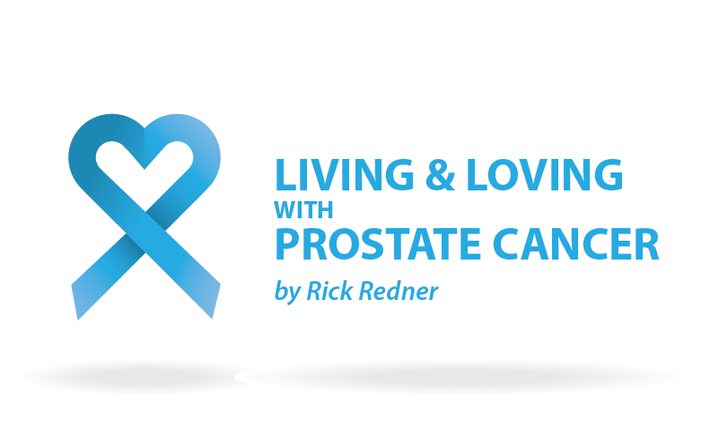I decided to write this column after an embarrassing and humiliating experience. I was hesitant to go public with this, but I believe far too many men and couples are suffering alone and in silence.
Leaking urine is listed as a possible risk in all of the consent forms for prostate surgery. What isn’t listed in most consent forms is a specific type of urine leak called climacturia. This is an uncontrolled leaking of urine during an orgasm. I leak urine before and during an orgasm. Like most men with climacturia, I don’t regularly leak urine at other times.
This week, during a sexual encounter with my wife, I managed to wet the sheet with urine during a moment of excitement. It was a large leak. We had to take off the sheet and mattress protector and put it in the wash. I felt like a little child who wet his bed.
In several studies, the rate of climacturia after prostate surgery averages about 30 percent. This unpleasant symptom adversely affects sexual satisfaction.
A question that has bothered me for years: Why wasn’t this known risk discussed with me before my surgery? As far as I can tell, from reading current consent forms seven years after my surgery, it’s still a risk hidden from men consenting to prostate surgery.
Since my prostate surgery, I’ve lived with a waterproof mattress protector. We use a towel as an added measure of protection. I make sure I use the bathroom to empty my bladder before we engage in foreplay.
This isn’t terribly romantic. I’m blessed with a very understanding wife who is not turned off by this problem. I’m sure it bothers me more than it bothers her. If I were single, this would be a devastating issue. I’m sure many married couples struggle as well.
I’m surprised that after seven years, I still felt angry as we were changing the sheets. I guess I haven’t made peace with the betrayal I experienced when I discovered this was a known surgical risk I was not prepared for. I learned about my climacturia from my own research and personal experience.
I suspect the overwhelming majority of men who consent to prostate surgery are not informed about the risk of climacturia. Why not?
If you are thinking about prostate surgery, discuss the risk of climacturia with your surgeon. Also, discuss treatment options and referrals if you discover you’re one of the men who’ll live with climacturia after your prostate surgery. Don’t allow climacturia to ruin your sex life.
***
Note: Prostate Cancer News Today is strictly a news and information website about the disease. It does not provide medical advice, diagnosis, or treatment. This content is not intended to be a substitute for professional medical advice, diagnosis, or treatment. Always seek the advice of your physician or other qualified health provider with any questions you may have regarding a medical condition. Never disregard professional medical advice or delay in seeking it because of something you have read on this website. The opinions expressed in this column are not those of Prostate Cancer News Today, or its parent company, BioNews Services, and are intended to spark discussion about issues pertaining to prostate cancer.


